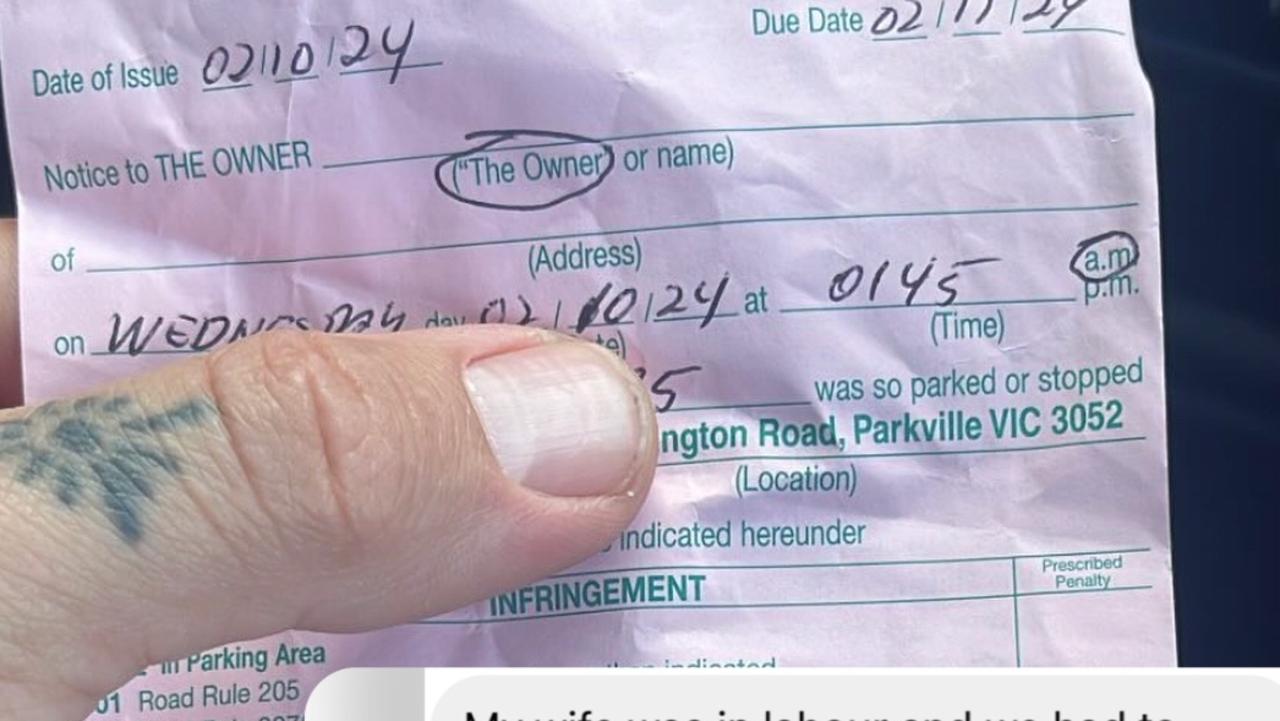‘Really disappointed’: $400 reason Aussie rite of passage is dead
There was damning evidence this week of an Aussie rite of passage in crisis, with experts saying it could soon vanish forever.
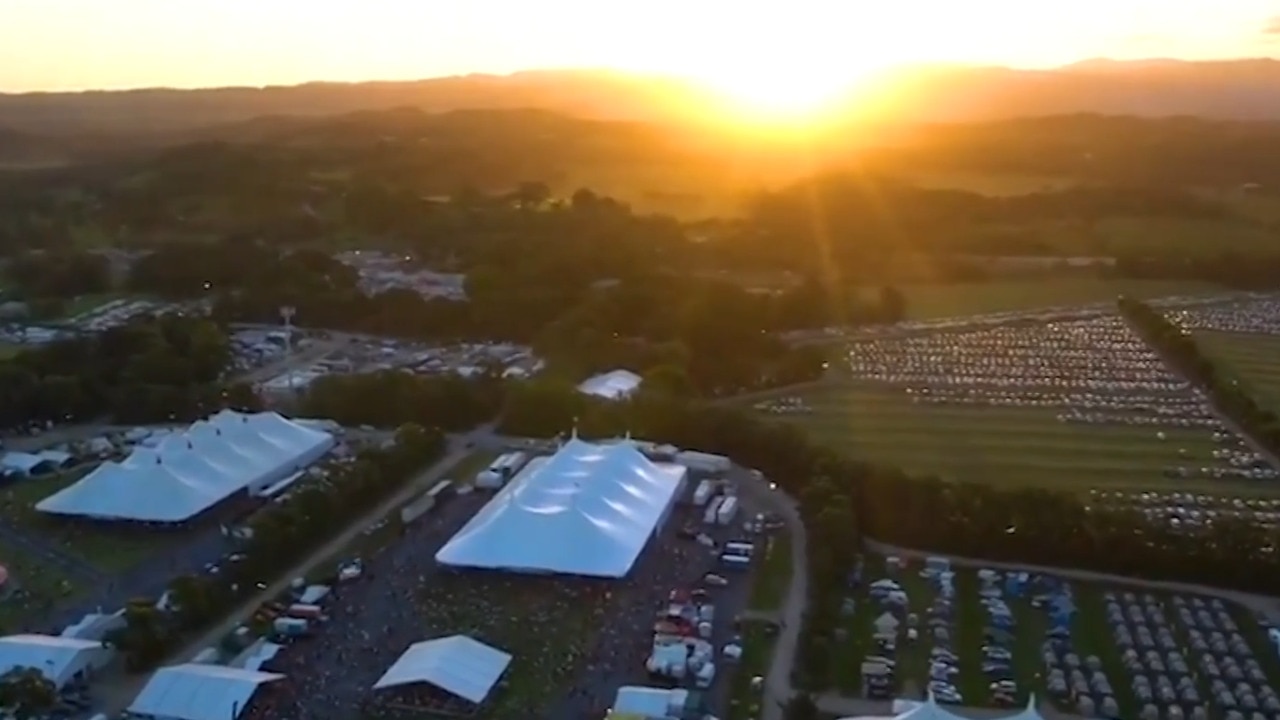
It’s an Aussie rite of passage: the muddy campsite, the crowds, the overpriced paella, and the many, many flies.
But after decades of memories, and even longer portaloo lines, the Australian music festival scene is in the midst of a “crisis”, experts warn.
This week, Bluesfest announced its 2025 edition will be its last, drawing to close Australia’s longest-running music festival.
“After the 2025 festival, as much as it pains me to say this, it’s time to close this chapter,” Festival Director Peter Noble wrote in a statement on Wednesday.

The news came after a slew of other festival were cancelled this year, including Splendour In The Grass, Groovin The Moo, Spilt Milk, Harvest Rock, Promise Village, and last year’s Falls Festival.
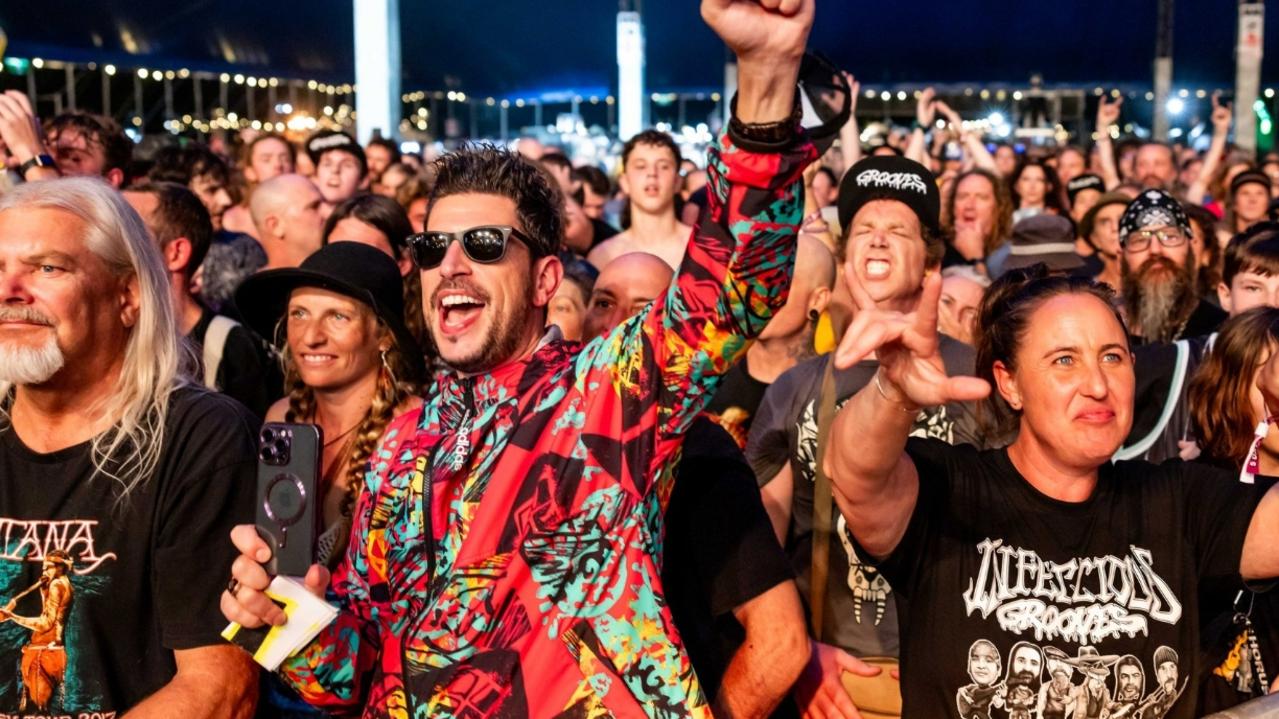
For many, the news was devastating but in no way unexpected.
“I’m not surprised by the cancellation,” Lené van den Berg, 24, told news.com.au.
“My fiancé, who is a big Bluesfest fan, decided to skip this year due to the high costs and a line-up that didn’t interest him much”.
As for herself, Ms van den Berg has never been to a music festival before, but she’s come close a number of times.
She was among fans who bought tickets for Groove in the Moo, which was cancelled earlier this year following poor ticket sales.
“I was really disappointed because I still haven’t been to a festival and I was excited to go to this one. Also, all the other line-ups for festivals post-Covid haven’t been good at all and this line-up was good,” she said.
“It has made me lose faith in the company and musical festival industry because they’ve just become so expensive for really average lineups with no headliners.”

Years earlier, the Brisbane local paid more than $400 for Splendour in the Grass tickets, which was originally scheduled for 2020 but was eventually postponed to 2022 due to Covid.
However, she sold them because the line-up changed with the festival “losing all the big headliners”.
“It didn’t seem worth the money anymore,” she explained.
Ms van den Berg believes other young Aussies feel the same way, particularly in the cost-of-living crisis.
“It seems like Australian festivals aren’t attracting the big names they used to before Covid, so it just doesn’t always seem like it’s worth the money,” she added.
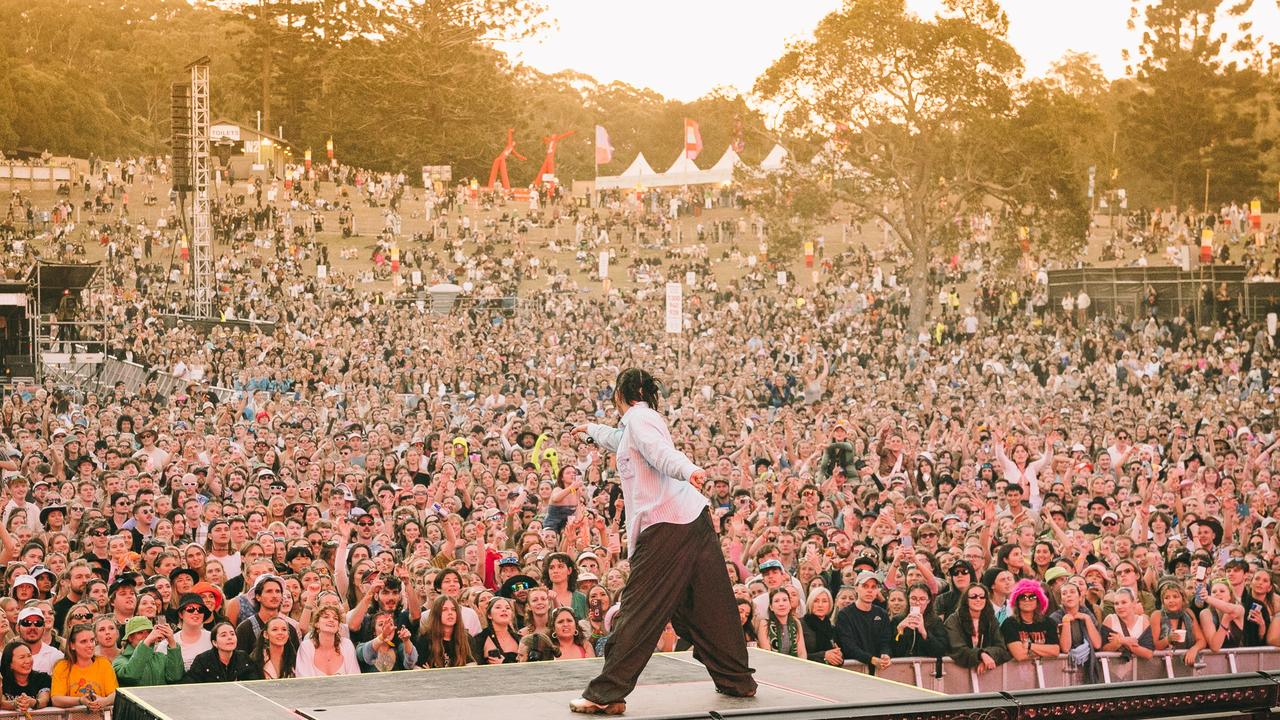
Rising costs
The 2024 Soundcheck: Insights into Australia’s Music Festival report found that while many Aussies are keen to attend events and festivals, the price of tickets remains the most common barrier.
Of those who hadn’t attended events in 2022, 33 per cent said they had not attended events in 2022 because of price increases, while 58 per cent said events are more expensive now compared to before the pandemic.
Overall, the report found 18-24-year-olds, who were once the primary consumer group for festivals, are purchasing tickets at lower rates than before Covid.
Those in their mid-to-late 20s were purchasing tickets at greater rates in 2022-2023.
Bruno, from Sydney, has been to almost 40 music festivals in Australia, but he’s had to put a halt on buying tickets in the past year due to rising expenses.
“My partner and I have recently started thinking about getting our own place and renting together, and with the rising cost of living, we’re having to cut down on the more frivolous sorts of things we’d usually do in our spare time, like going out dancing, having nice dinners, and going to music festivals,” he told news.com.au.
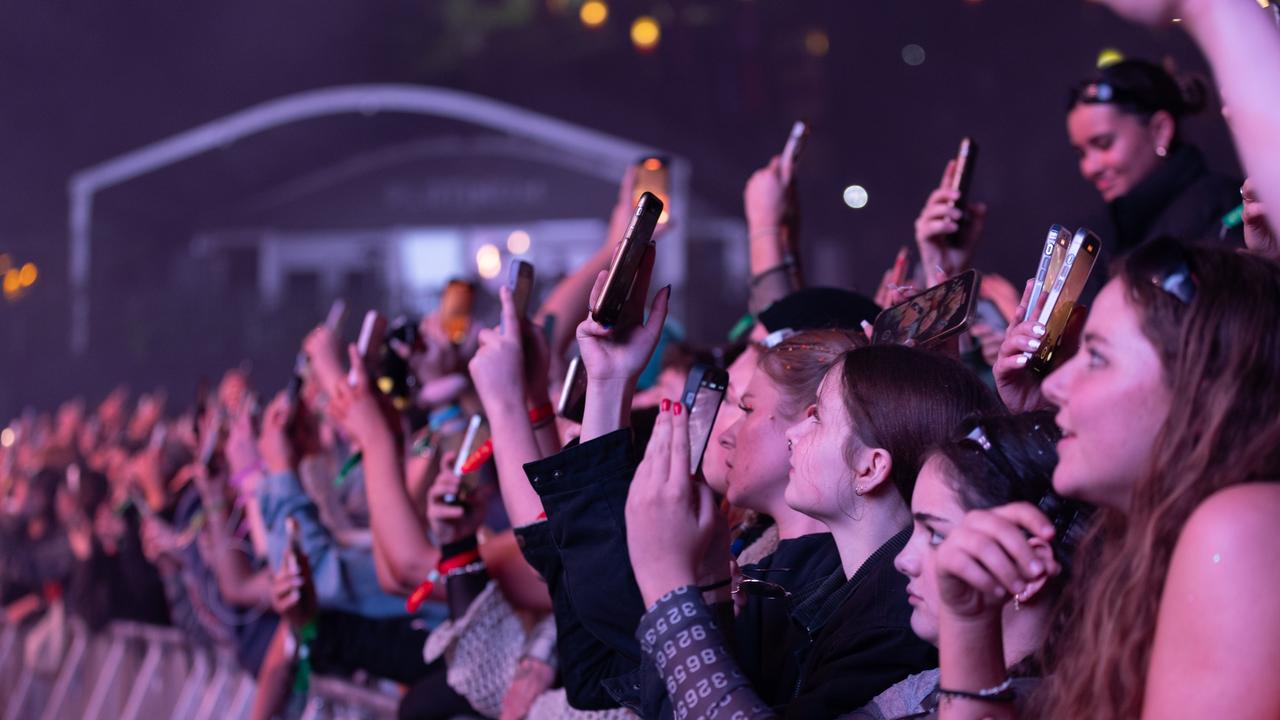
The 24-year-old said the ticket prices alone have been “getting so out of hand”, and once you factor in travel to the festival, accommodation, food and outfits, “it all adds up and gets quite expensive”.
“When I’m choosing between groceries, petrol, and tickets to a summer festival, as much as I’d rather dance with my mates, I have to make the right decision,” he added.
“Young people like me just can’t justify going to every festival that gets announced throughout the year, and it’s clear that this is having such a devastating impact on the industry. “The crowds are noticeably smaller, the headliners aren’t as massive as they used to be, and we’re seeing more and more of the Aussie favourites like Splendour getting cancelled by the day.”
He said the price of festivals in Australia has made him consider more overseas options.
When I went to Sziget Festival while on a Berlin to Budapest by Train Contiki tour, we only paid about $430 and that was a six day pass, so we really got our money’s worth.
“It’s hard to justify $200 on a one-day festival (in Australia) when I could spend a little more in Europe and go for six days,” he explained.
“There are still a few festivals that are on my radar – whether I can budget for them though, will determine how many I actually go to.”

It’s not just music festivals Aussies are cutting back on, either.
A Finder survey of 1,012 respondents revealed that 33 per cent of Aussies have cut back on eating at high end restaurants, while 27 per cent have gone without drinking expensive alcohol to curb their spending.
“The cost of living crisis has got a lot of people taking their finances more seriously,” Rebecca Pike, a money expert at Finder, told news.com.au
“From concerts and theatre to movies and dining out, many Australians are finding it increasingly difficult to justify these expenses.”
Expenses are also an issue for festival organisers.
The Soundcheck: Insights into Australia’s Music Festival Sector report found rising operational costs, lack of funding and grants available, as well as insurance, are significant barriers to running a festival – which costs an average of $3.9 million.
It found 56 per cent of festivals surveyed reported a profit while 35 per cent reported a deficit.
“The cost of doing business at the moment is through the roof,” Simone Schinkel, Music Victoria’s CEO told news.com.au.
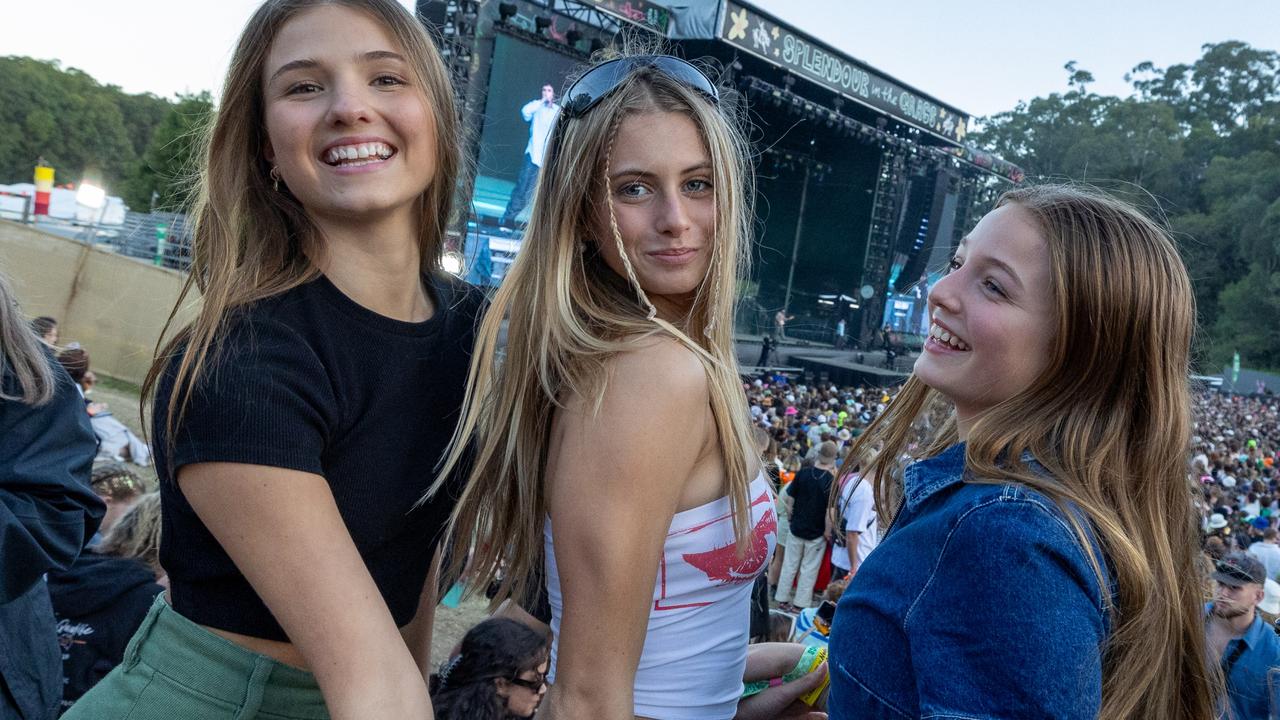
“The insurance is the massive one, but its permits, its licensing, its policing, its transport, as well as all the production suppliers and the crew, but all those people are also just responding to the cost of living.”
‘Crisis of confidence’
With more concerts cancelling due to Covid, poor ticket sales, weather events or other reasons, Dr Rod Davies, a lecturer in popular music at Monash University, believe Aussies have a “massive crisis of confidence” in the music industry.
“You’re paying hundreds of dollars for a ticket, and in the line-up there might only be one or two acts that you want to see that are going to make you jump in the car and drive all the way to Byron Bay and camp in a tent,” he explained.
“Not knowing what the weather is going to be, then to have one of those acts suddenly pull out at the last minute, or the festival gets wiped out with floods, it totally erodes the confidence.”
As such, he says music fans are having to question where they should invest their time and money, and if they should opt for concerts or other forms of entertainment instead.
“A really good example is the Taylor Swift concert, or the Ed Sheeran concert at the MCG, where you’ve got 90,000 people paying a week’s wage to go and see an act because it’s an unmissable single event that, barring a terrorist attack, will go ahead,” Dr Davies added.
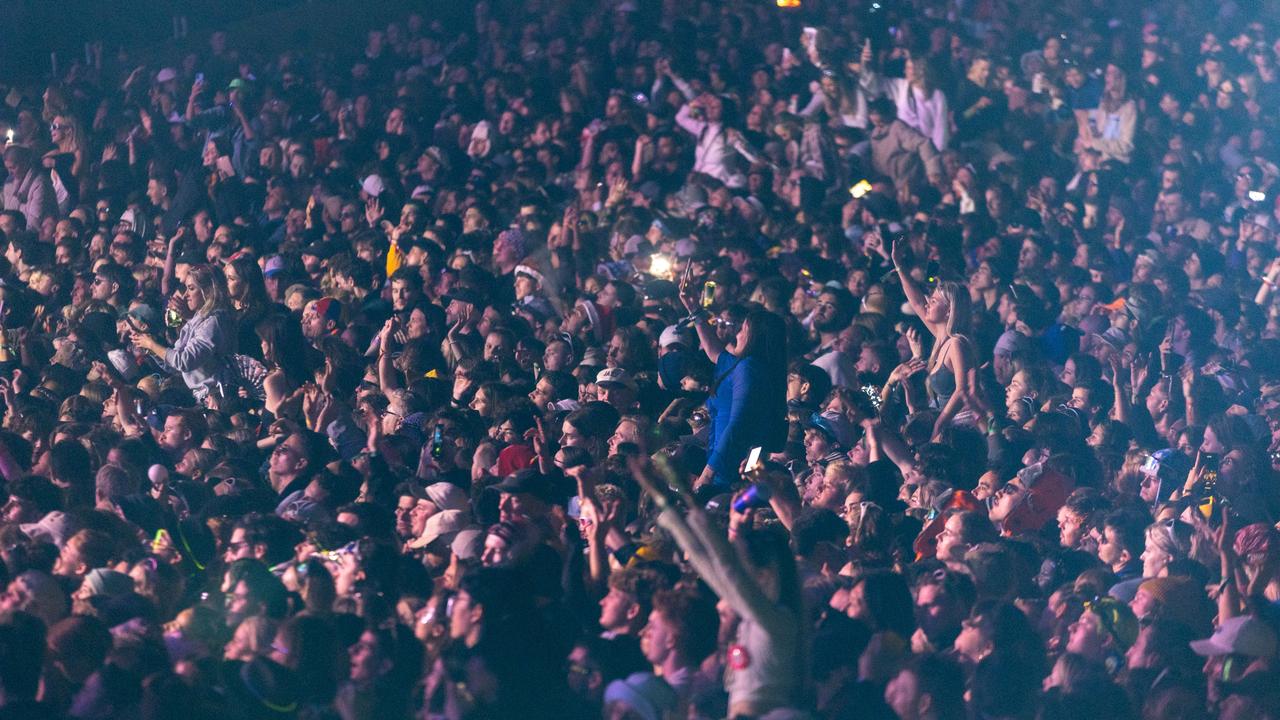
To help restore the confidence, he says the industry needs to rebuild the Aussie brand from the ground up, through investment in smaller, local festivals and more support for emerging artists.
“Then (you can build) to the older model larger festivals with international touring acts,” he explained.
“I think that what we’re trying to do right now stick our fingers in, in the hole and the water spouting out from another hole. I don’t think that our current models are working.
Rise from the ashes
Despite the string of closures, Ms Schinkel says the music festival industry isn’t dying out forever but rather at a “point of evolution”.
“Some festivals are coming to a close and that affects so many people and so many jobs,” she said.
“But something else will rise up out of the those ashes. I don’t think it’s done forever. It just might look a bit different.”
She said the industry is already working on strategies to address challenges they face and evolve to audience’s changing needs.
“It’s very tricky times for a number of festivals that we grew up with that we’ve loved,” she added.
“There’s no doubt about that, and that is very sad to see go and to let go when you have such fond experiences of coming of age.
“But just because you did (like that), it doesn’t mean that every other young person wants to do the same thing as that.”
“(It’s about) understanding how people are drinking these days, whether they want to do a camping festival, whether they want to go far away, whether they want to jump on a plane, there’s just a lot more different dynamics that we’re still exploring and navigating.”
In the meantime, she said the industry has been asking for more support from federal, state, local government while they adapt to all the changs.
“And we would like the broader society to help us. Let’s evolve together.”




